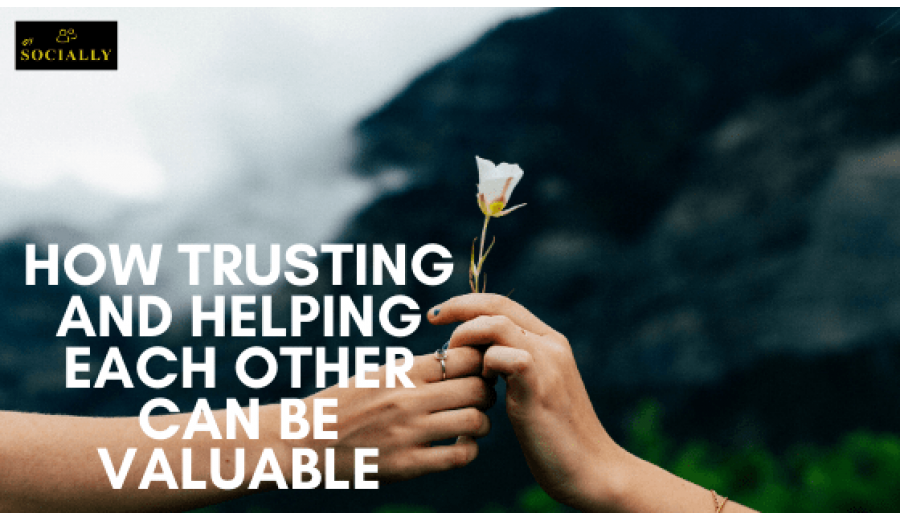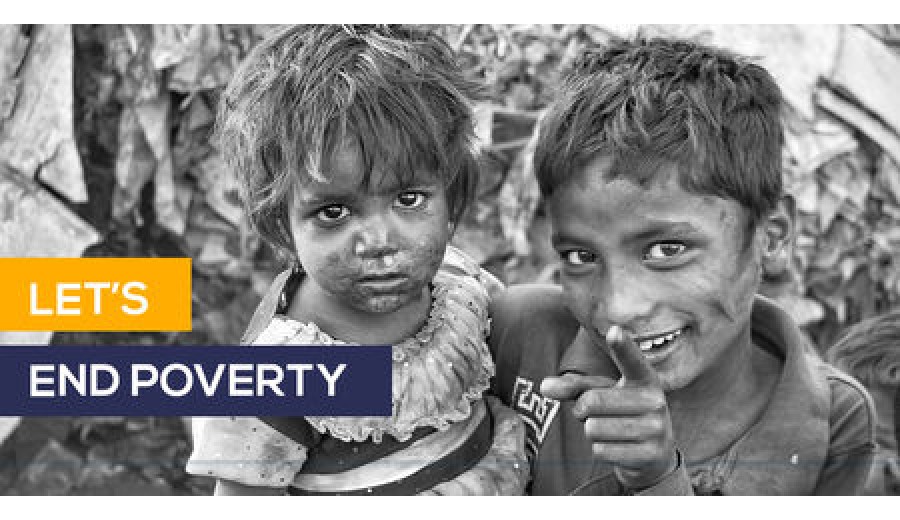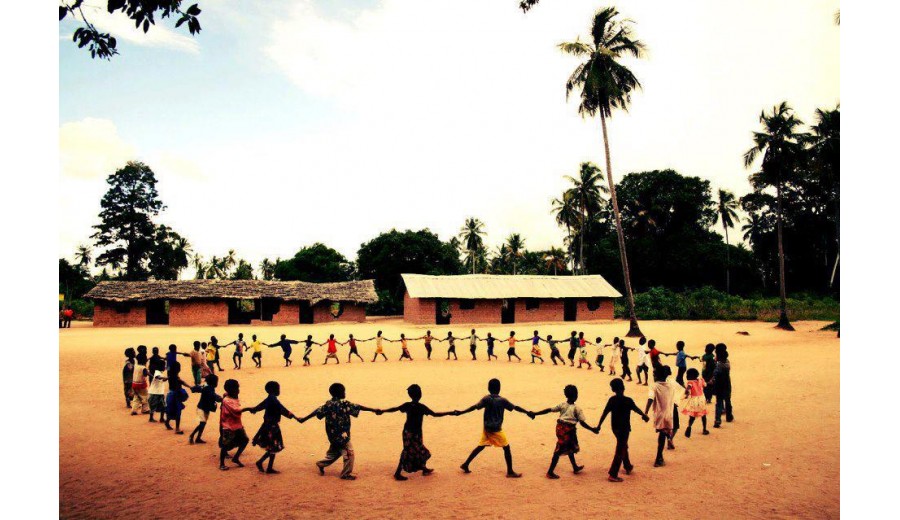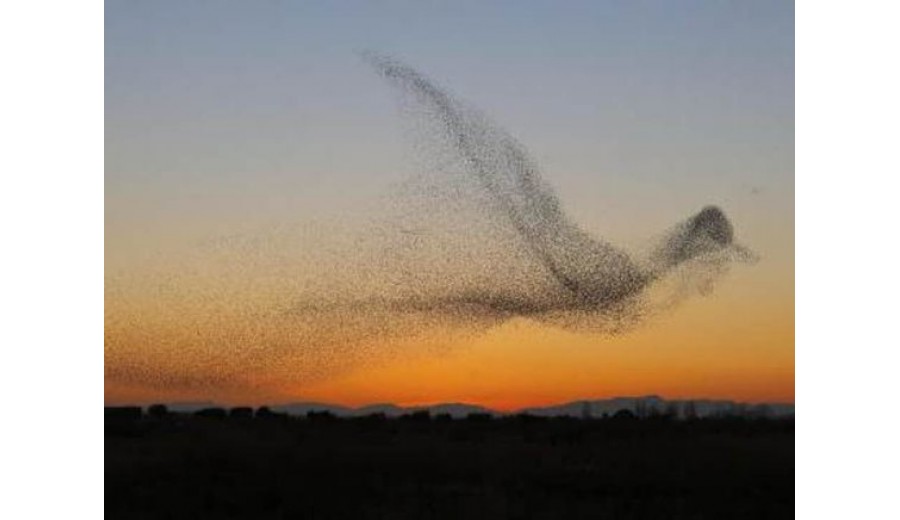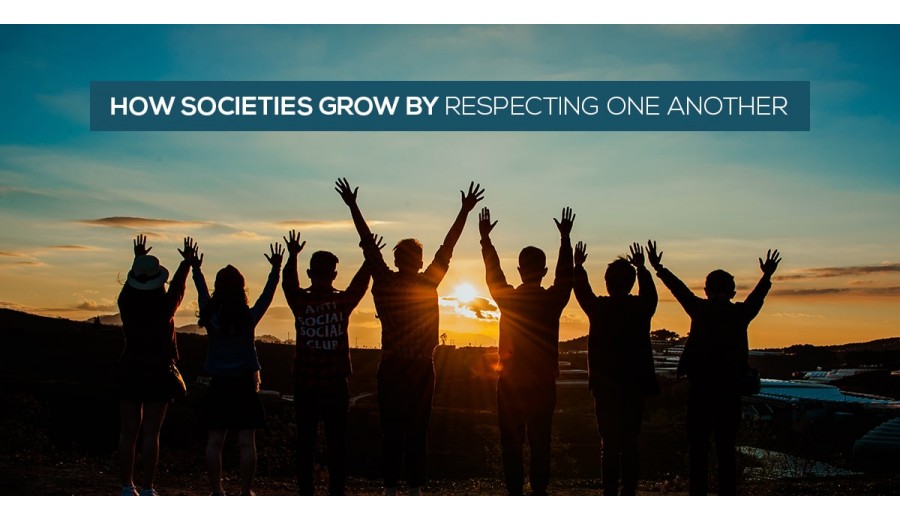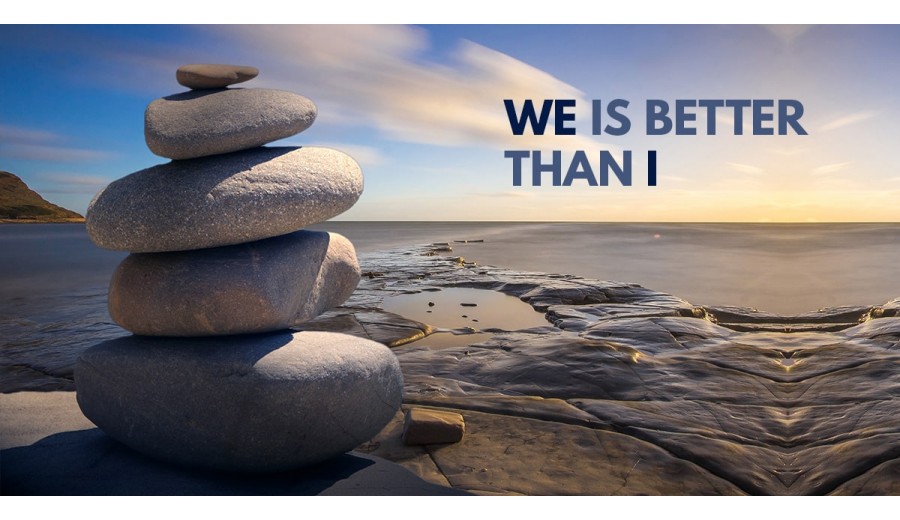Did you know that
kinder people live longer, and healthier lives? Quoting research from the Greater
Good magazine, people 55 and older who volunteer for two or more
organizations have an impressive 44 percent lower likelihood of dying—and
that's after sifting out every other contributing factor, including physical
health, exercise, gender, habits like smoking, marital status, and many more.
This is a stronger effect than exercising four times a week or going to church; it means that volunteering is nearly as beneficial to our
health as quitting smoking!
When we help others out, our altruism increases
and so does human connection and trust. Trust can be a wavering concept in our
fast-paced world today that may often seem so self-consumed but it is only through
support and trust can we build reliable networks and communities. Us human
beings are intensely social creatures – giving to others helps in building
trust, cooperation and social connection. When we give to others, we not only
make them feel closer to us, we feel closer to them. There is a sense of
one-ness, and empathy. “Being kind and generous leads you to perceive others
more positively and more charitably,” writes Lyubomirsky in her book The
How of Happiness, and this “fosters a heightened sense of interdependence
and cooperation in your social community.”
Trusting and helping others is also contagious.
When we give, we not only help the immediate recipient but also spur a ripple
effect of giving in our community. A study by James Fowler of the University of
California, San Diego, and Nicholas Christakis of Harvard, published in
the Proceedings of the National Academy of Science, shows that when
one person behaves generously, it inspires observers to behave generously
later, toward different people. In fact, the researchers found that altruism
could spread by three degrees—from person to person to person to person. “As a
result,” they write, “each person in a network can influence dozens or even
hundreds of people, some of whom he or she does not know and has not met.”
Whether
you volunteer your time, donate money to a charity, shop consciously to support
causes – you may just begin a ripple effect of generosity, and find joy
yourself.




